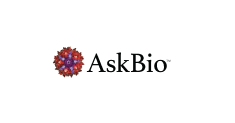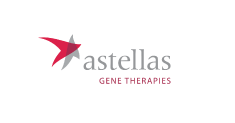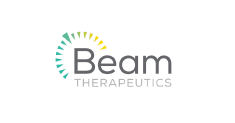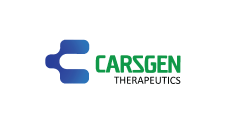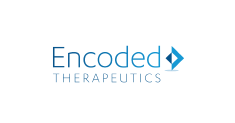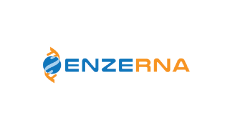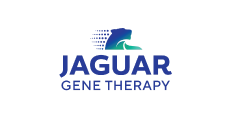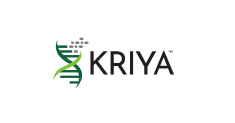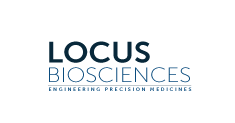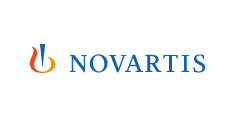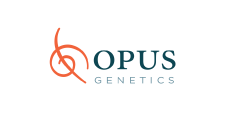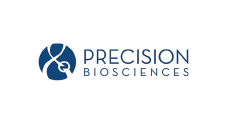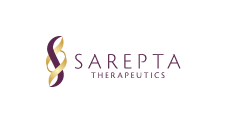

North Carolina: A Thriving Gene and Cell Therapy Hub
North Carolina has quickly established itself as a leading hub of gene and cell therapy activity. As curative therapies emerge and bring new hope to patients with rare diseases and cancer, North Carolina’s life sciences ecosystem provides a compete end-to-end solution to bring life-changing therapies from concept to market.
The state’s gene and cell therapy sector is built upon world-class academic and corporate research and the largest concentration of clinical research organizations in the world. Pilot- and commercial-scale manufacturing capabilities bring these therapies to life. Our pool of top talent rounds out North Carolina’s strengths that fully support the growth of gene and cell therapy companies.
What are Genetic Diseases?
Genetic diseases occur when there is a mutation (harmful change) in a DNA sequence, such as deletion, substitution, or duplication. Mutated DNA can prevent one or more proteins from working properly and proteins are molecules that play lots of important roles in the human body. It is possible to pass on these changes to future generations or develop them during an individual's lifetime.
Some genetic diseases arise from a single mutation, while others stem from a combination of mutations and other factors, including environmental exposure. It is currently possible to treat certain diseases with cell and gene therapy. However, research is ongoing in oncology, autoimmune diseases, musculoskeletal disorders, cardiovascular disorders, dermatological conditions and genetic disorders.
What is Gene and Cell Therapy?
Cell and gene therapies use cells and genetic material to treat diseases. Cell therapies involve transplanting healthy human cells into a patient’s body to replace or repair diseased or damaged cells or tissue, whereas gene therapy is defined as the treatment of disease by the transfer of genetic material into cells. Gene and cell therapies provide a fundamental treatment option for disease conditions that cannot be treated with conventional drugs.
The Difference Between Gene Therapy and Cell Therapy
Gene therapy involves implanting genetic material into the patient's cells to correct or remove mutated genes. Various techniques are used in gene therapy, including:
• Gene addition or augmentation – introducing a new copy of a gene into target cells to produce more protein
• Gene editing – Modifying a part of a gene to remove repeated or faulty elements of a gene
• Gene silencing – Prevents the production of a specific protein
Cell therapies use cells administered from the patient's own body (autologous) or derived from a healthy donor (allogenic). In cell therapy, the major types of cells used for cell therapy include stem cells and T-cells. Stem cells are special human cells that differentiate into almost any type of cell in the human body such as brain or muscle cells. T-cells are a type of white blood cells that help the immune system to fight against antigens.
How Do Cell and Gene Therapies Help Treat Genetic Diseases?
Gene therapy restores the function of mutated genes by introducing a normal copy of the gene to ensure that correct proteins are produced. Cell therapy places new healthy cells into the body to replace diseased or damaged ones. Both cell and gene therapies provide new treatment options for diseases caused by genetic mutations including cardiovascular, blood clotting, neurodegenerative, and vision disorders.
Source: Global Cell and Gene Therapy Market. Accessed Feb. 2022.
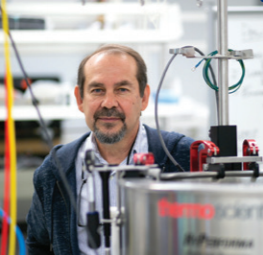
Gene therapy technology pioneered in North Carolina
In 1993, The University of North Carolina School of Medicine, with grant help from the North Carolina Biotechnology Center, recruited gene therapy visionary Jude Samulski, Ph.D. Samulski pioneered the use of the harmless recombinant adeno-associated virus (AAV) as the premier delivery mechanism for gene therapy. This AAV technology is the foundation used by more than two-thirds of the gene therapy industry worldwide, was brought to life in a North Carolina university, and to commercial reality by Asklepios BioPharmaceutical (AskBio), a Research Triangle Park company cofounded by Samulski.
An Established Cluster
North Carolina’s gene and cell therapy cluster is broad and diverse. These companies are leaning on North Carolina’s deep expertise in life sciences to transform research into commercially viable products that can be manufactured at scale.
Robust Talent Pipeline
A workforce of 75,000 grows each year, fueled by 5,200+ biological and biomedical sciences graduates.
The community college system works closely with industry partners to develop curriculums tailored specifically to industry needs. Certificate and associate degree programs prepare students to be job ready. The system provides customized training for cell- and gene-therapy facilities, including Beam Therapeutics, Novartis Gene Therapies, and others.
Workforce Programs Powered by NCBiotech

Bio Jobs Hub
Are you looking to land a new job or change careers? The newly launched Bio Jobs Hub is a resource that provides info on job opportunities within the life sciences. The site includes job descriptions, info on local training, a company directory and more.

Military Outreach & Veteran Engagement
NCBiotech also has a program to attract military veterans, service members in transition, and military spouses to careers in the life sciences.
Advantageous business climate and exceptional quality of life
As a business-friendly and culturally rich state, North Carolina has something for everyone. In addition to our prime mid-Atlantic location, businesses expanding to North Carolina can take advantage of our targeted, performance-based incentive programs and low corporate income tax rate at 2.5%.
Recent accolades
-
North Carolina ranked Top State for Business (CNBC, 2023)
-
North Carolina ranked the 2022 State of the Year (Business Facilities, 2022)
-
North Carolina named Fourth-Leading Biotech Hub (Fierce Biotech, 2022)
-
North Carolina ranked Top Business Climate (Site Selection Magazine, 2021)
-
The North Carolina Biotechnology Center
Unlike any other state, North Carolina has a resource solely dedicated to the health of its life sciences sector. Since 1984, NCBiotech has taken a unique approach to statewide life sciences economic development and houses the capabilities to guide companies through the challenges encountered at all stages of growth. With headquarters in the Research Triangle Park, NCBiotech has funding programs, focused efforts in emerging sectors, and an in-house team of analysts with scientific expertise.
-
The North Carolina Precision Health Collaborative
To help develop North Carolina’s full potential in human therapeutics, such as gene- and cell-therapies and precision health, The North Carolina Precision Health Collaborative (NCPHC) was formed. The NCPHC, facilitated by NCBiotech, is a strong and diverse group of leaders in research, healthcare, insurance, investment, policy and information technology who have partnered to accelerate precision health initiatives.
-
University of North Carolina at Chapel Hill Gene Therapy Center
In the academic space, UNC-CH created a dedicated Gene Therapy Center in 1993 to foster discovery and development in gene therapy research. Scientists have access to resources through two core facilities—the UNC Vector Core and Human Applications Laboratories—that ensure availability of gene therapy vectors needed for preclinical or clinical studies. The Gene Therapy Center was created to facilitate the progression and translation of gene therapy research from the laboratory bench into Phase 1 clinical trials to treat human disease.
Thus far, the Gene Therapy Center has initiated and completed a number of Phase 1 gene transfers including:
- Completion of first AAV gene delivery study for neurological disorder (Canavan Sic Trans-2012)
- Completion of the first AAV gene delivery study for Duchenne muscular dystrophy (NEJM 2010)
- Completion of first Limb Infusion Safety Study for DMD (Mol Ther 2012)
- Initiation of AAV gene transfer Phase 1 study for Hemophilia B patients using UNC modified FIX transgene
-
National Cancer Institute-designated Comprehensive Cancer Centers
North Carolina has three National Cancer Institute-designated Comprehensive Cancer Centers: Duke Cancer Institute, Wake Forest Baptist Comprehensive Cancer Center and UNC Lineberger Comprehensive Cancer Center. More than 700 clinicians and researchers focus on cancer genetics and genomics, cellular therapies, clinical research, and cancer prevention and control.

NCBiotech Company Directory
Visit the NCBiotech Company Directory to explore the 830 companies and 2,500 supporting businesses that make up our life sciences ecosystem. Search by company type, region and more.
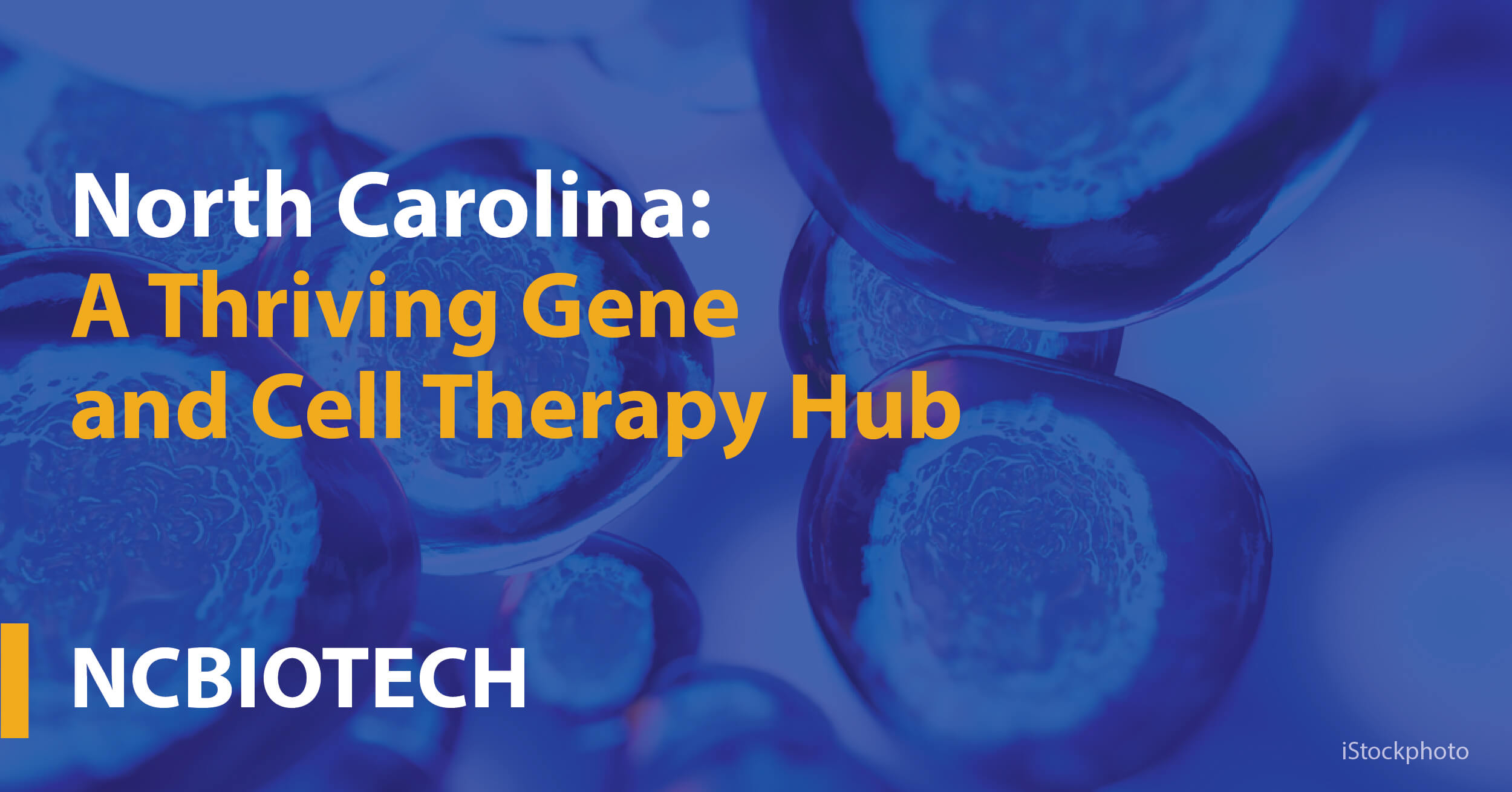
Gene and Cell Therapy White Paper
North Carolina's life science strengths are creating an environment where gene and cell therapy companies are thriving. Download our white paper to learn how NC's strengths are advancing gene and cell therapies in today's market.

